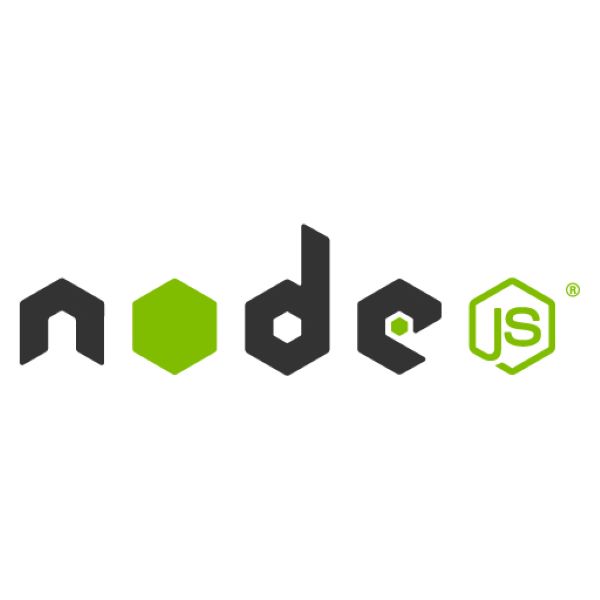Developer(s):
Open JS Foundation
Written in:
C, C++, JavaScript
License:
MIT License
Operating system:
Z/OS, Linux, macOS, Microsoft Windows, SmartOS, FreeBSD, OpenBSD, IBM AIX

Node.js is an open-source, cross-platform, back-end JavaScript runtime environment that runs on the V8 engine and executes JavaScript code outside a web browser. Node.js lets developers use JavaScript to write command line tools and for server-side scripting running scripts server-side to produce dynamic web page content before the page is sent to the user's web browser. Consequently, Node.js represents a "JavaScript everywhere" paradigm, unifying web-application development around a single programming language, rather than different languages for server-side and client-side scripts. Node.js is a JavaScript runtime environment that processes incoming requests in a loop, called the event loop.
Node.js is an open-source, cross-platform JavaScript runtime environment and library to run web applications outside the client’s browser. It is used to create server-side web applications.
MongoDB is the most common database used with Node.js. It is a NoSQL, cross-platform, document-oriented database that provides high performance, high availability, and easy scalability.
Node.js makes building scalable network programs easy. Some of its advantages include: It is generally fast, It rarely blocks, It offers a unified programming language and data type, Everything is asynchronous, It yields great concurrency.
Node.js is widely used in the following applications: Real-time chats, Internet of Things, Complex SPAs (Single-Page Applications), Real-time collaboration tools, Streaming applications, Microservices architecture.